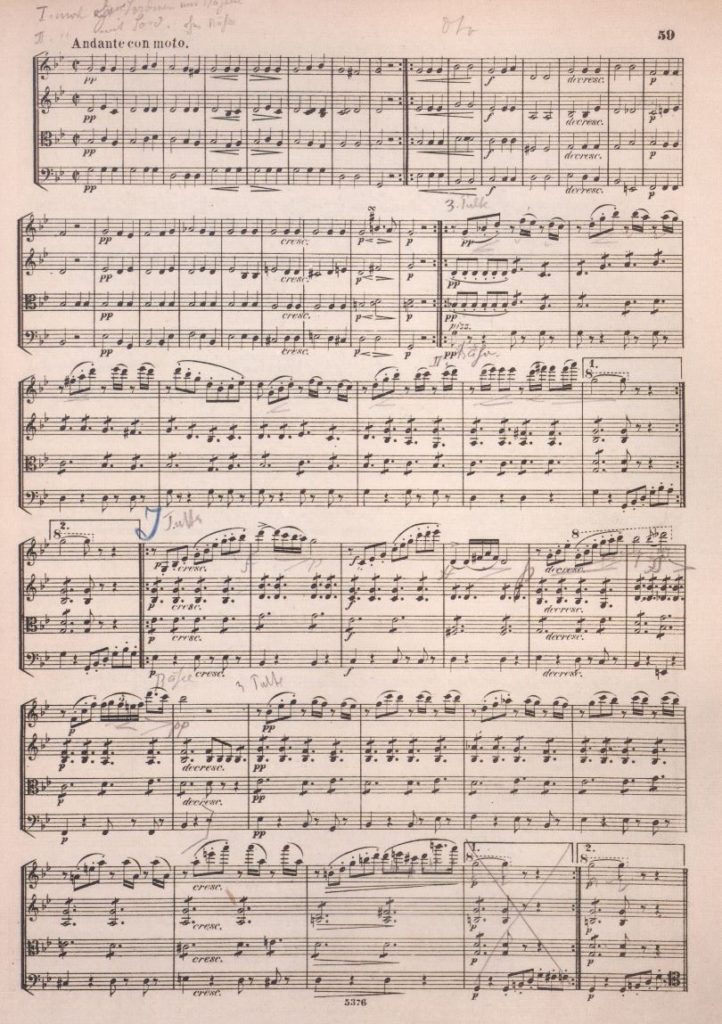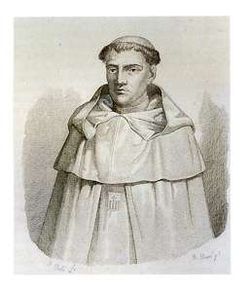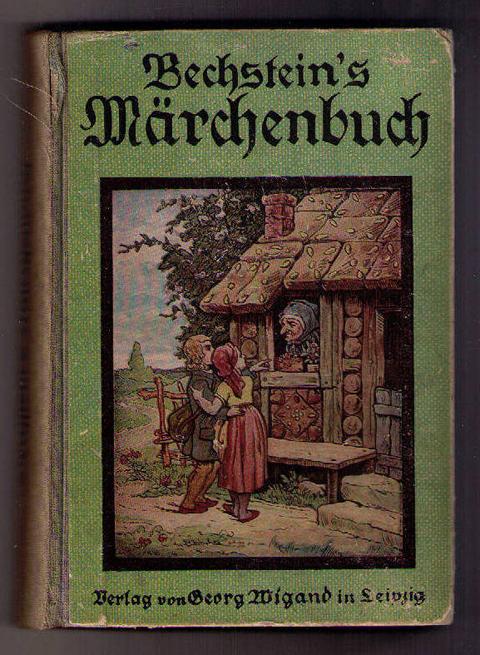Transcriptions (15 composers)

Johan Sebastian Bach (1685-1750) Ludwig van Beethoven (1770-1827) Johannes Brahms (1833-1897) Anton Bruckner (1824-1896) Antonin Dvorak (1841-1904) George Enescu (1881-1955) Franz Liszt (1811-1886) Charles Martin Loeffler (1861-1935) Wolfgang Amadeus Mozart (1756-1791) Hans Pfitzner (1869-1949) Franz Schubert (1797-1828) Quartet No. 14, in D minor, ‘Der Tod und das Mädchen’. Arranged for string orchestra by Gustav Mahler. […]
Introduction Des Knaben Wunderhorn, 12 songs
Ludwig Achim von Arnim (1781-1831). Clemens Brentano (1778-1842). Mahler set a total of fourteen large-scale songs with orchestral accompaniment to texts from the folk collection Des Knaben Wunderhorn. Lied 11: Urlicht was rapidly incorporated (with expanded orchestration) into the 2nd Symphony (1888–1894) as the work’s fourth movement. Lied 12: Es sungen drei Engel einen Sussen Gesang, […]
Introduction Lieder eines fahrenden Gesellen
Lieder eines fahrenden Gesellen (‘Songs of a Wayfarer’) is a song cycle by Gustav Mahler on his own texts. The cycle of four Lieder for low voice (often performed by women as well as men) was written around 1884-1885 in the wake of Mahler’s unhappy love for soprano Johanna Richter (1858-1943), whom he met while […]
Introduction Lieder fur Singstimme

In the early years of Mahler’s conducting career, composing was a spare time activity. Between his Laibach and Olmütz appointments he worked on settings of verses by Richard Leander and Tirso de Molina, later collected as Volume I of Lieder und Gesänge (“Songs and Airs”). Tirso de Molina is a pseudonym of Gabriel Tellez (born: […]
Introduction Lieder fur Tenor
Composed Year 1880, these three songs are the first complete compositions of Mahler’s to have survived. Mahler planned them as part of a cycle of five, the last two of which he never composed, most likely because he became preoccupied with his cantata Das klagende Lied. Mahler himself wrote all three texts addressing the first two […]
Introduction Ruckert-Lieder
Rückert-Lieder is a song cycle of five Lieder for voice and orchestra or piano by Gustav Mahler, based on poems written by Friedrich Ruckert (1788-1866). Friedrich Ruckert (1788-1866), an editor and professor of Oriental languages, wrote poetry in imitation of Asian and Middle Eastern styles, in addition to the beautiful examples of German lyric romantic poems […]
Introduction Klavierquartett
Tempo „Nicht zu schnell“. The Piano Quartet in A minor (also referred to as the Piano Quartet Movement in A minor) is an early work of Gustav Mahler, the intended first movement of a piano quartet that was apparently never completed. It is the only surviving piece of chamber music without voice composed by Mahler. […]
Introduction Kindertotenlieder
Kindertotenlieder (Songs on the Death of Children) is a song cycle for voice and orchestra by Gustav Mahler. The words of the songs are poems by Friedrich Ruckert (1788-1866). The original Kindertotenlieder were a group of 428 poems written by Rückert in 1833-1834 in an outpouring of grief following the illness (scarlet fever) and death […]
Introduction Das Lied von der Erde
Das Lied von der Erde (The Song of the Earth) is a composition for two voices and orchestra by Gustav Mahler (1860-1911). Composed between Year 1908 and Year 1909 following the most painful period in Mahler’s life (Year 1907). The songs address themes such as Living, Parting and Salvation. Mahler had already included movements for voice and orchestra […]
Introduction Das klagende Lied

Das klagende Lied is a work in which Mahler comes closest to the opera. This is because the composition is pervaded by drama and its elaboration in a text that regularly gets the character of a theatrically very effective dialogue. Gustav Mahler (1860-1911) was fourteen years old when his younger brother Ernst Mahler (1862-1875) died. The loss […]
